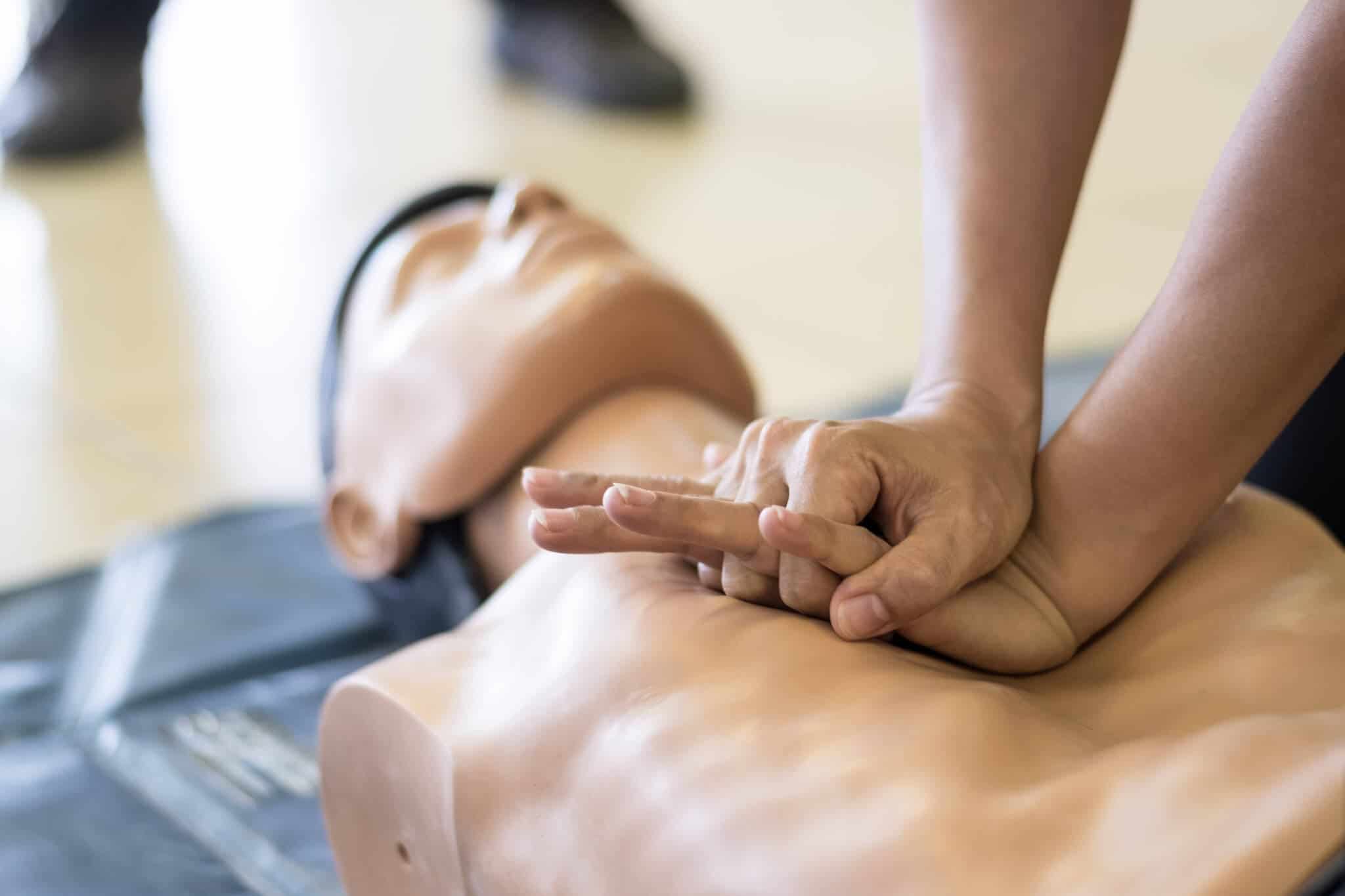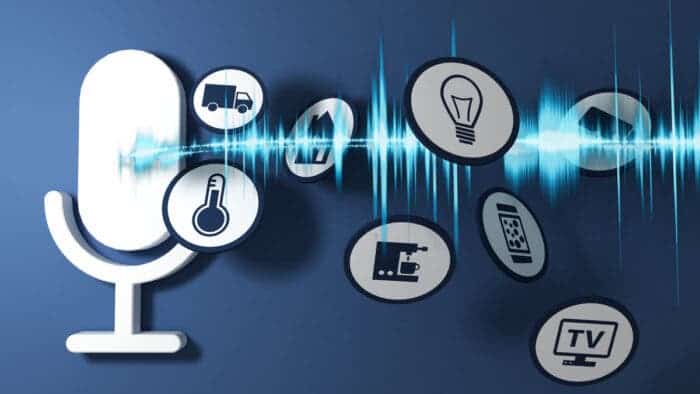Voice assistants like Alexa, Siri, Google Assistant, and Cortana are handy for everyday tasks. But they often don’t provide the right help when it comes to emergencies, like giving CPR instructions. Not long ago, a study from Harvard Medical School talked about the importance of making voice assistants better at this crucial task.

Voice Assistants in Crisis
CPR Challenge: Cardiopulmonary Resuscitation (CPR) can save lives, but voice assistants fall short in guiding people during emergencies.
CPR Study Results
- Mixed and Irrelevant Responses: A study found that voice assistants gave confusing answers when asked about CPR. Sometimes, they talked about unrelated things like movies.
- Lack of Clear Voice Instructions: Only 12% of responses gave clear voice instructions, which are crucial during emergencies.
- Delayed Care: Relying on voice assistants for CPR instructions could delay medical help. Quick CPR can double or quadruple survival chances after cardiac arrest.
- ChatGPT Performs Better: ChatGPT, an AI chatbot, did a better job. It gave more helpful information and advised calling 911 first.
- The Need for Standards: This research shows that we need standard CPR instructions for all voice assistants. Dr. Adam Landman suggests tech companies should work with medical experts to ensure that common phrases trigger accurate CPR instructions, including calling 911.
Tech Company Responses
- Microsoft’s Bing Chat will tell users to call 911 before giving CPR instructions.
- Google wants to improve and collaborate with the medical community.
- Apple and Amazon did not comment on the study.
The Bottom Line
No one argues that apps like Siri can help in crises, but they must improve at giving CPR help. The study shows we need clear, steady guidance. As tech gets better, voice helpers must team up with experts to give fast, right CPR advice and save lives. For now, calling 911 is the safest choice in suspected heart emergencies.





